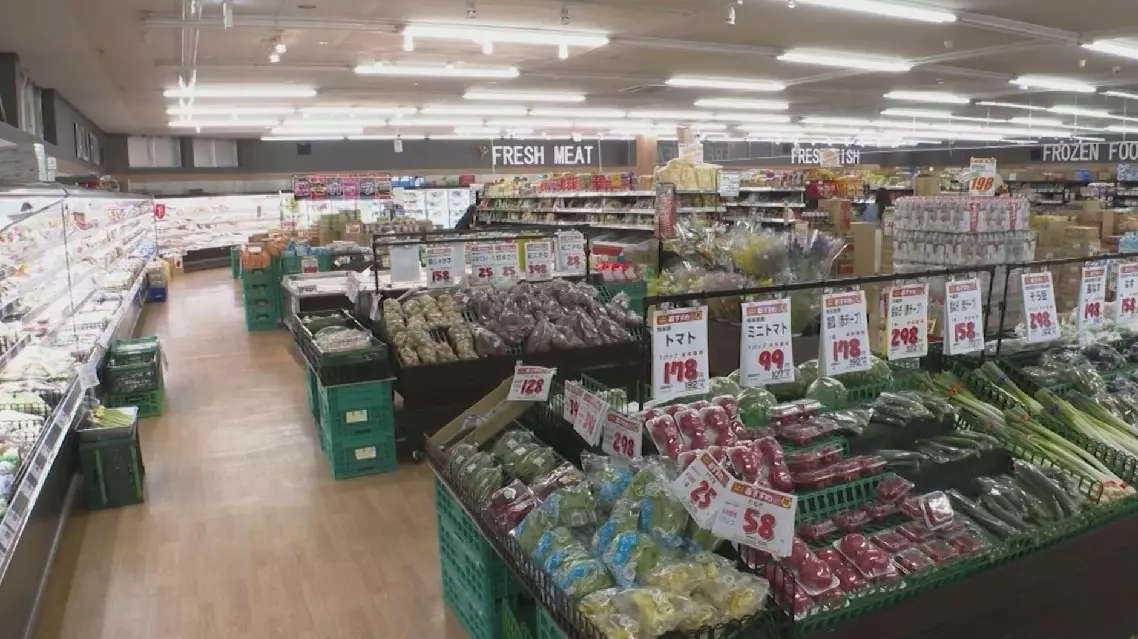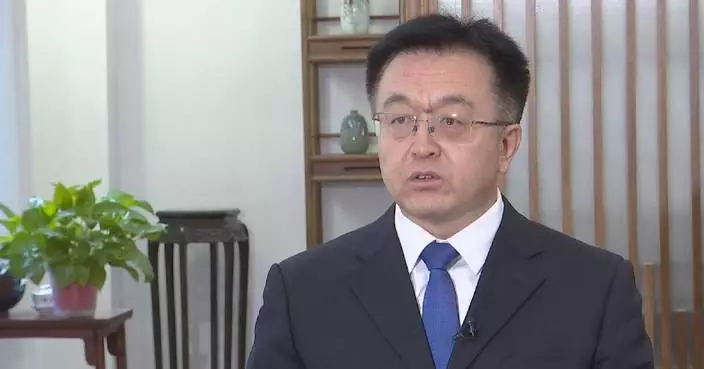Former Kyrgyz Prime Minister Djoomart Otorbaev emphasized Central Asia's excellent potential to drive high-quality global development due to the region's well-educated populace.
Otorbaev made the comments in an interview with China Global Television Network (CGTN) in Beijing ahead of the 24th Meeting of the Council of Heads of State of the Shanghai Cooperation Organization (SCO) set for Wednesday and Thursday in Astana, Kazakhstan.
"In Central Asia, we believe that we will be competitive when we will be joining the drive of humanity to high-quality development. In that respect, we think that because we are a post-Soviet state, we have a high level of education. So, our talents should work together with talents all around the world, including our neighbors. We are proud of China's success in modernization and high-quality development. We have our talents and should join the overall drive of humanity to invent new things and to bring our small world to the more harmonious organization of our societies," said Otorbaev.
Featuring non-alliance, non-confrontation and non-targeting of any third party, the SCO was established in 2001 by China, Kazakhstan, Kyrgyzstan, Russia, Tajikistan and Uzbekistan.
In recent years, the SCO has incorporated new members who recognize the Shanghai Spirit, which is defined by mutual trust, mutual benefit, equality, consultation, respect for diversity of civilizations and pursuit of common development. India and Pakistan were admitted as full members in June 2017 and Iran in July 2023.
Now, with nine member states, three observer states and 14 dialogue partners, the SCO stands as the world's largest regional organization in terms of geographical scale and population.

Former Kyrgyz PM highlights Central Asia's global role ahead of 2024 SCO summit









